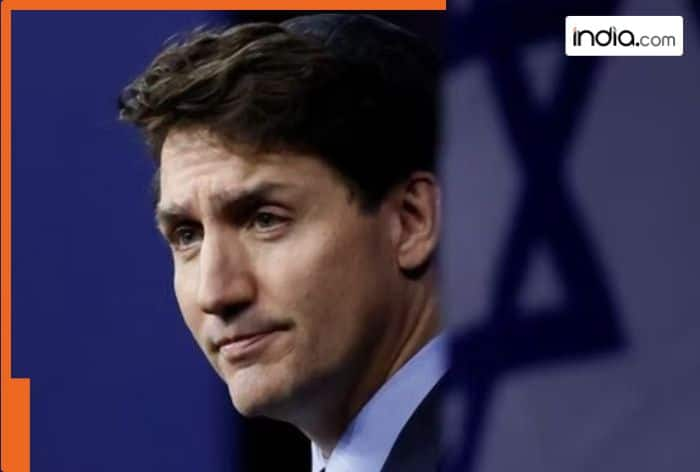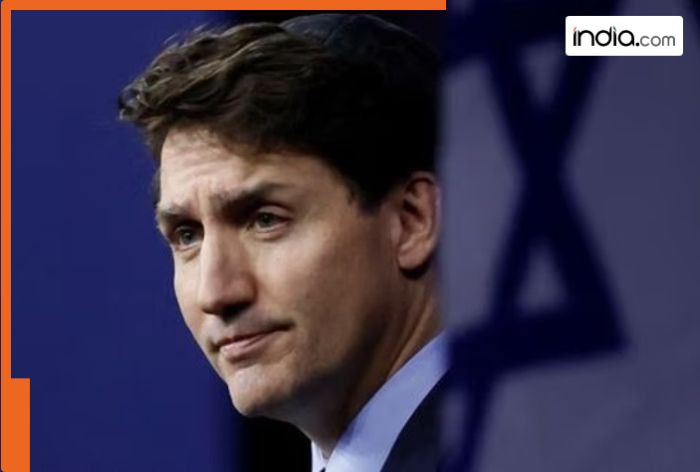This development follows escalating diplomatic strains between the two countries, with both sides expelling each other’s diplomats and imposing restrictions.

India’s Ministry of External Affairs (MEA) has placed full responsibility for the ongoing diplomatic tensions with Canada on Prime Minister Justin Trudeau. In a late night statement, the MEA criticized Trudeau’s handling of the situation, stating that Canada has not provided any solid evidence to back its claims regarding Indian involvement in the killing of Khalistani terrorists Hardeep Singh Nijjar. Trudeau acknowledged that while Canada did not have “hard evidentiary proof,” it relied on intelligence that pointed to Indian government agents’ involvement, suggesting a violation of Canadian sovereignty. The MEA emphasized that Trudeau’s “cavalier” approach has caused significant damage to India-Canada relations, holding him solely accountable for the deterioration of bilateral ties.
This development follows escalating diplomatic strains between the two countries, with both sides expelling each other’s diplomats and imposing restrictions.
“What we have heard today only confirms what we have been saying consistently all along – Canada has presented us no evidence whatsoever in support of the serious allegations that it has chosen to level against India and Indian diplomats. The responsibility for the damage that this cavalier behaviour has caused to India-Canada relations lies with Prime Minister Trudeau alone,” MEA said in a statement.
Here’s what Justin Trudeau said on Nijjar’s killing
Trudeau said intelligence from Canada and its allies suggested Indian agents were involved, but admitted there was no hard proof at the time. He said, “We told India it is not hard evidence but just intelligence at that point.”
“Behind the scenes (were trying) India to co-operate with us. Their ask was…give us the evidence you have on us. Our response was it is within your security agency. You should be looking into how much they know, you should be engaging. ‘No, no but show us the evidence’. At that point, it was primarily intelligence, not hard evidentiary proof. So we said let’s work together,” Canadian PM said.
India-Canada diplomatic row
The diplomatic rift between India and Canada intensified when Canadian Prime Minister Justin Trudeau accused India of orchestrating the killing of Nijjar in British Columbia in June last year. India swiftly dismissed these allegations as “absurd,” viewing them as part of a larger political strategy by Trudeau.

